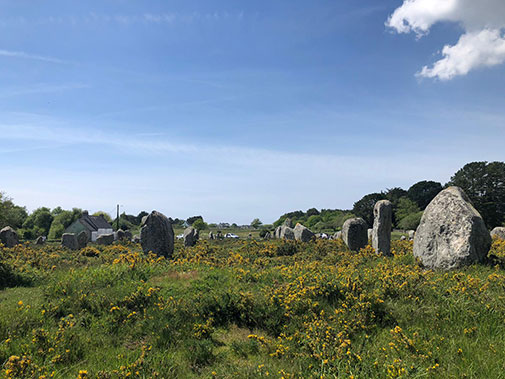
Utility
News and views

News
Although humans are to blame for nature’s recent decline, a new study shows that for millennia, European farming practices drove biodiversity gains, not losses.

News
Across southern Europe and North Africa, landscapes that once supported thriving agricultural communities are increasingly under threat.
